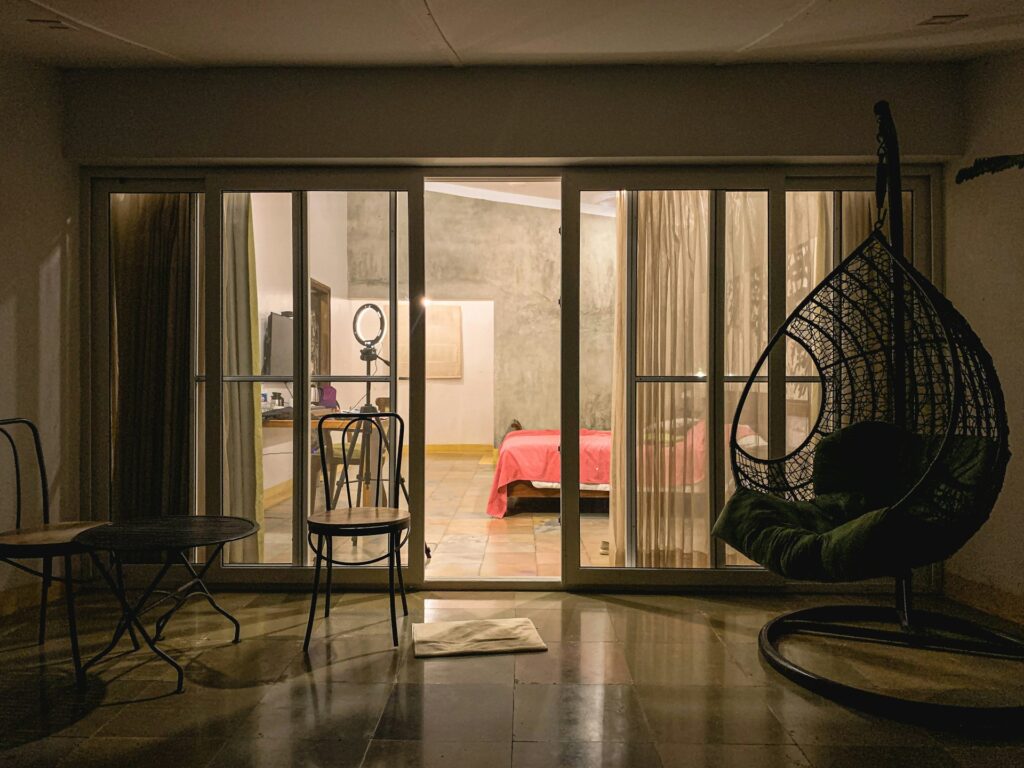Renting for short term is on the rise in the UK, especially in cities like London. It’s a great option if you’re here for work, visiting family, or just passing through. It often beats a hotel since it offers more space, more comfort, and more freedom.
Airbnb and similar platforms make it easy to find a place. You can book a flat, a studio, or a whole house in minutes. But short-term lets come with rules. If you don’t know them, you could run into problems.
This guide covers the basics. We’ll walk you through the key rules, tips for booking, and how to find the best apartments for short term rent in London UK. Whether you’re a guest or a host, it’s all here.

What Does Renting for Short Term Mean in the UK?
In the UK, renting for short term usually means staying somewhere for less than 90 days. It’s a flexible option. No long contracts, no big commitments. You can book for a few nights, a week, or even a month, whatever works for you.
It’s a lot more relaxed than signing a six- or twelve-month lease. And it often feels more personal than staying in a hotel. You get extra space, a bit more privacy, and the comforts of home, like a kitchen, a sofa, maybe even a little garden.
Short-term lets work for all kinds of people. Tourists like them for the local feel. Business travellers use them for short work trips. Remote workers can settle in and work from anywhere. And if you’re moving cities, they’re perfect while you look for something more permanent.
There are loads of short term flats for rent in London and other cities. From small studios to cosy one-beds, there’s something for every style and budget. Whether you’re visiting or in between places, renting for short term gives you the space and freedom to feel at home.
Airbnb Rules and Legal Requirements for Short-Term Lets
If you’re considering renting for short term through Airbnb or a similar platform, it’s important to understand the legal rules that apply, especially in cities like London. These rules help protect both guests and hosts and ensure that local housing needs are met.
1. The 90-Day Rule in London
In Greater London, short-term lets are limited to 90 nights per calendar year per property, unless you have specific planning permission. This rule applies to entire homes rented on platforms like Airbnb. Once you reach 90 nights, your listing may be automatically blocked from accepting new bookings.
2. Planning Permission in Some Boroughs
Some London boroughs, like Westminster and Kensington & Chelsea, have stricter rules. You may need to apply for planning permission to use your property for short-term stays. Always check with your local council to avoid fines or legal trouble.
3. Health and Safety Responsibilities for Hosts
Hosts must ensure their property is safe and meets basic standards. This includes having smoke and carbon monoxide alarms, safe furniture, and clear emergency exits. A gas safety certificate may also be required if the property has gas appliances. Working with an Airbnb property management London company that will help you out since they will sort this out for you.
4. Taxes and Licensing
If you’re earning over £1,000 a year from short term flats for rent, you may need to declare this income to HMRC. You might also need a licence, depending on your council’s rules. Some areas require registration for holiday lets or short-term stays.
These rules don’t just affect hosts; guests should be aware too. For example, booking a flat that doesn’t follow the 90-day rule might lead to last-minute cancellations. Whether you’re a host or a guest, following the legal steps makes renting for short term easier, safer, and stress-free.

Finding Apartments for Short Term Rent in London UK
When it comes to apartments for short term rent in London UK, there are plenty of reliable platforms to explore. Airbnb is the most well-known, offering everything from cosy studios to luxury homes. But it’s not the only option. Websites like Zoopla and Rightmove list more traditional short-term lets, often managed by agencies or private landlords. Plum Guide is another great choice, especially if you’re looking for carefully vetted, high-quality properties.
What to Look For
Before booking, think about what matters most to you. Location is key, whether you want to be near transport links, close to tourist spots, or in a quieter residential area. Always take time to read reviews from previous guests. They’ll give you a better idea of what to expect. Amenities are just as important. Make sure the flat has fast Wi-Fi, heating, a good kitchen setup, and anything else that suits your lifestyle. Also, check the cancellation policy in case your plans change.
Neighbourhoods and Price Ranges
London has a wide range of neighbourhoods to choose from. Central areas like Kensington and Chelsea are known for their charm and convenience, but they do come at a higher price, often between £150 and £300 per night. In more creative or up-and-coming areas like Shoreditch, Camden, or Hackney, you’ll likely find more affordable options, typically around £100 to £200 per night. Some listings even offer weekly or monthly discounts, which is perfect for longer stays.
With the right search and a clear idea of your needs, renting for short term in London can be both simple and rewarding.
Tips for a Smooth Short-Term Stay
Once you’ve picked your place, a few simple steps can make your stay much easier. Whether you’re here for work or a short break, a little prep goes a long way when renting for short term.
Book early if you can. London gets busy during summer, Christmas, and big events. The best short term flats for rent go fast, and prices go up.
Chat with your host before you book. Ask about check-in times, parking, or anything you’re unsure about. Clear answers upfront mean fewer surprises later.
Take a quick look at the house rules. Some places don’t allow pets or parties. Others ask you to take the bins out. It’s best to know these things before you arrive.
If you’re working remotely, check the Wi-Fi and ask if there’s a proper desk or workspace. For longer stays, it’s also worth asking about cleaning or fresh towels; some hosts include it, others don’t.
Plan ahead, ask the right questions, and your stay will be way smoother. It’s the little things that make a big difference.
Final words
Renting for short term in the UK is a smart option, whether you’re a guest or a property owner. It’s flexible, comfortable, and often better value than a hotel or long-term lease. Plus, you get more control over how and where you stay.
We’ve covered the basics: what short-term letting is, the key rules to know, and how to find a place that suits you. A bit of planning makes the whole process smoother.
If you’re booking a stay, or thinking about listing your place, now’s a good time to dive in. And if you don’t want to deal with the day-to-day hassle, Keey can take care of it for you. We handle the details, you get the results.
No Comments yet!